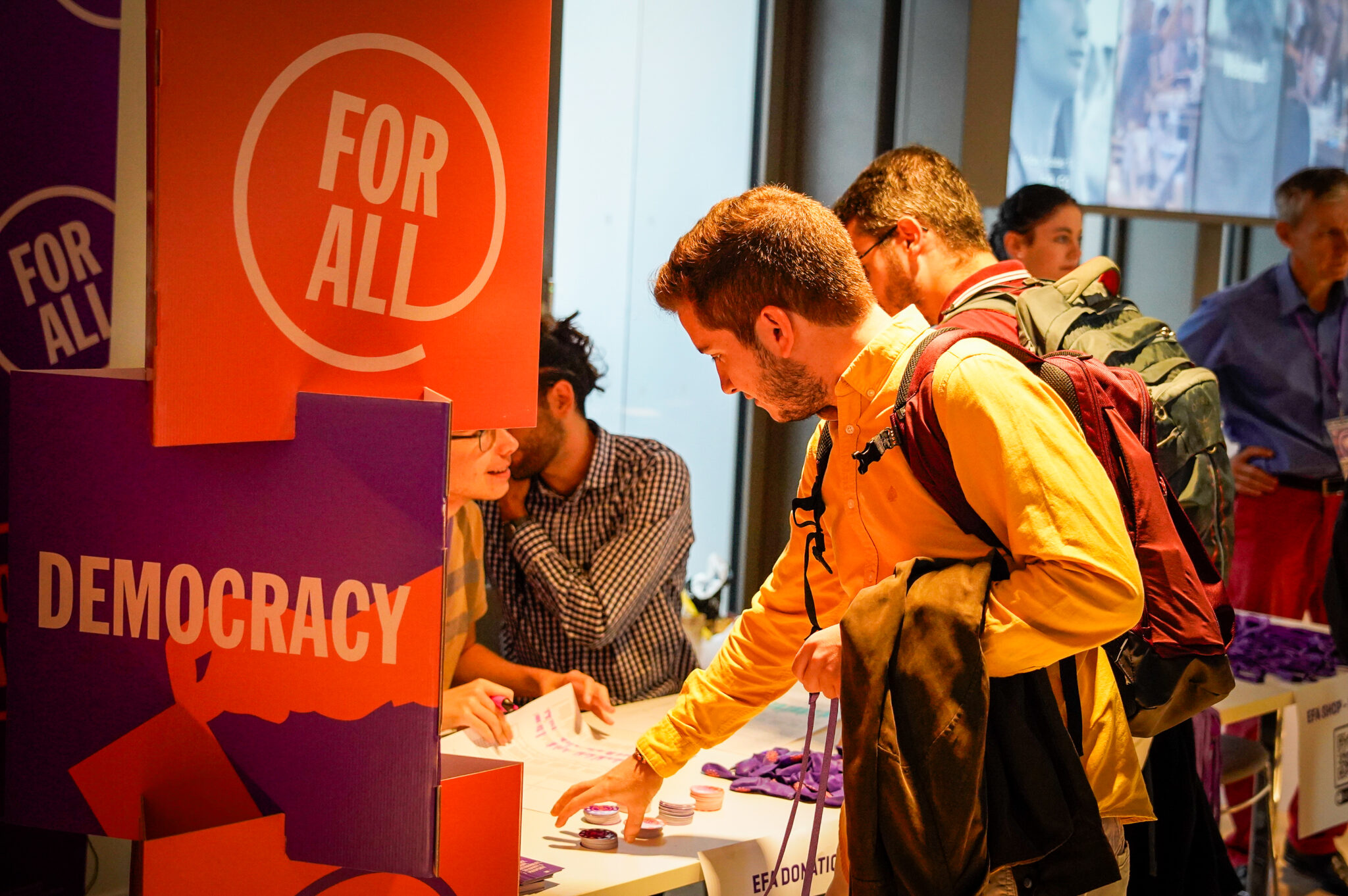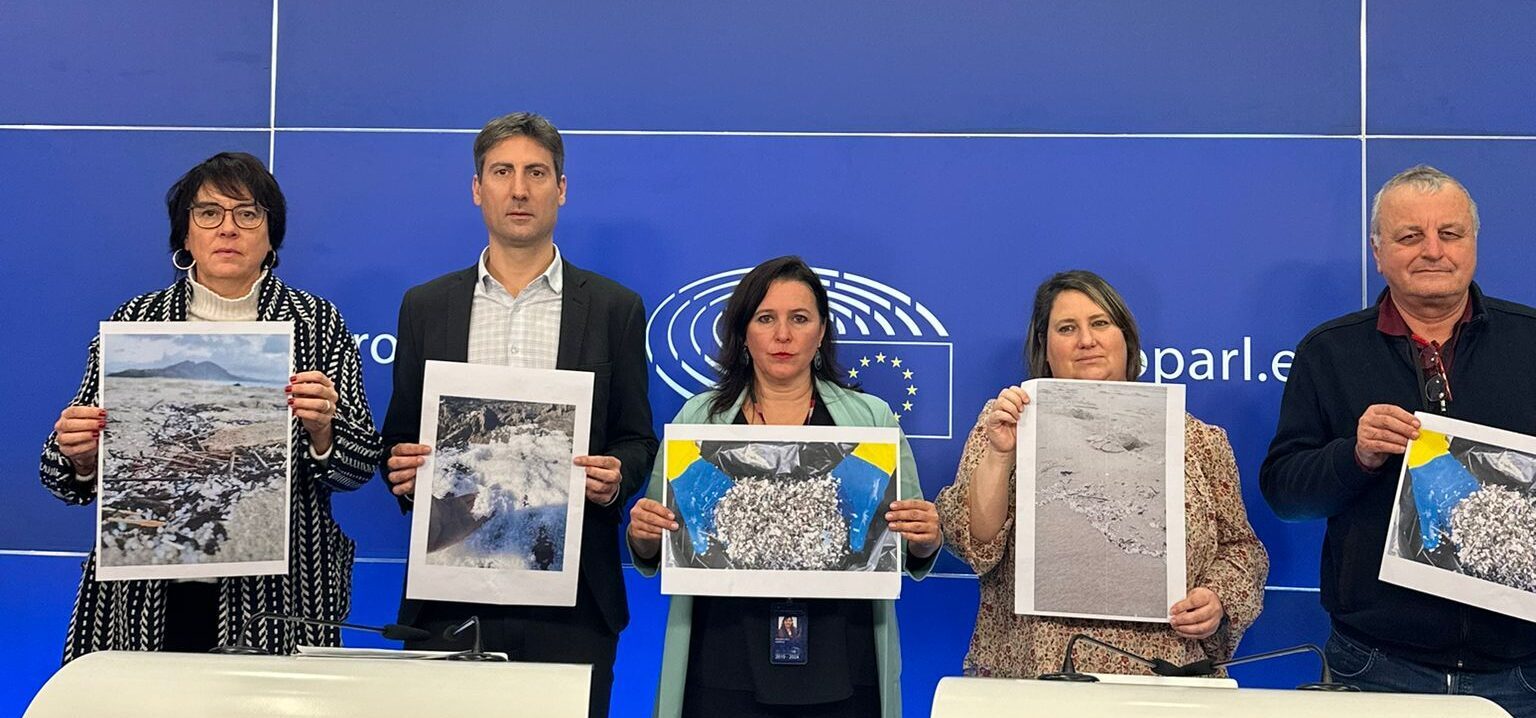EFA Speaks at AFCO on Needed European Party Changes
EFA is the party of diversity, and as part of our work, we are dedicated to transforming EU processes in order to ensure a more representative, equal, and democratic Europe for all. There are a number of ways EFA advocates for European Political Parties (EUPPs) and political foundations, which would strengthen the role and improve the function of these necessary organisations. On 15 June, EFA President Lorena López de Lacalle raised these concerns to the European Parliament’s AFCO (Constitutional Affairs).
Viewing this opportunity as a concrete way to improve democracy in Europe, EFA suggested a number of changes that would modify the existing system to strengthen the voice of Europe’s people within the Parliament.
Firstly, López de Lacalle raised the issue of equal fund distribution for EUPPs. Currently, 90% of the budget for EUPPs is distributed according to the number of affiliated MEPs. This leaves parties who have a smaller number of MEPs – regardless of popularity – without the funds given to larger parties. Particularly for EFA, the loss of Scottish and Welsh MEPs due to Brexit has had a considerable negative effect due to this distribution of funds. Proposing more equal and clear distribution of funds (which would allow smaller parties to operate more effectively and with financial security), López de Lacalle said:
‘This is about creating the conditions for real political pluralism, and thereby a healthier European democracy. This distribution change would have a marginal impact on the larger parties, but could represent a lifeline for the smaller ones.’
Additionally, EFA raised concerns regarding the way parties can express disagreement. Currently, decisions made by the Authority on European Political Parties and Foundations (APPF) can only be appealed through the Court of Justice of the European Union. A lack of democratic dialogue around decisions made by the APPF is stifling parties, and discouraging democratic debate. López de Lacalle said:
‘Currently, there is no realistic way to appeal decisions – the only recourse being to go through the Court of Justice of the European Union. This is excessive.
We want an intermediate step to be established: something higher than the Authority in case parties need to appeal, but without having to take the extreme step of going through the Court of Justice in Luxembourg.’
Noting the particularly devastating impact of Brexit on EFA, de Lacalle noted:
‘We also feel especially strongly about the need to allow for income from outside the EU.
As a political party – and more importantly as Europeans – we were devastated by the loss of our MEPs in Scotland and in Wales due to Brexit. Our parliamentary group in the EP lost 4 excellent members, which has a huge financial as well as political impact. But not only is this an issue with Brexit but as we must look beyond the EU’s borders in key accession countries such as Serbia.’
EFA is the party that best represents Europe’s diversity and – through all our work – encourages respect for our regions and nations. Europe’s people will only feel closer to the European Institutions when we have a fair and transparent system that is receptive to input and change. EFA strongly supports these needed changes for all parties and welcomes future discussion on this issue.



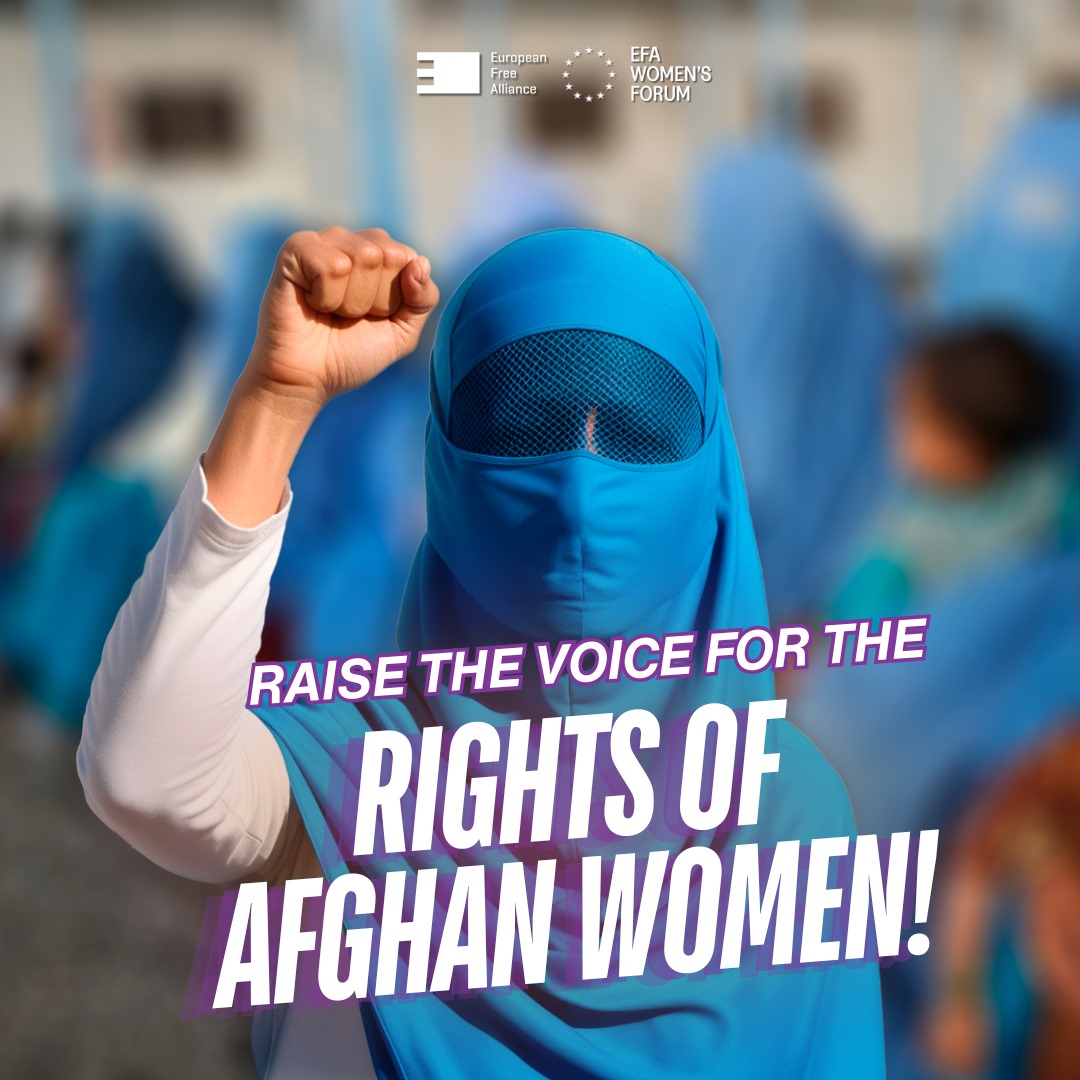
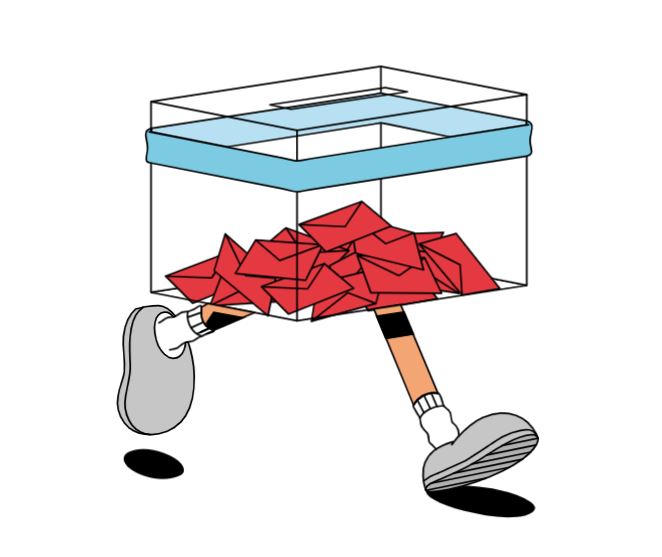
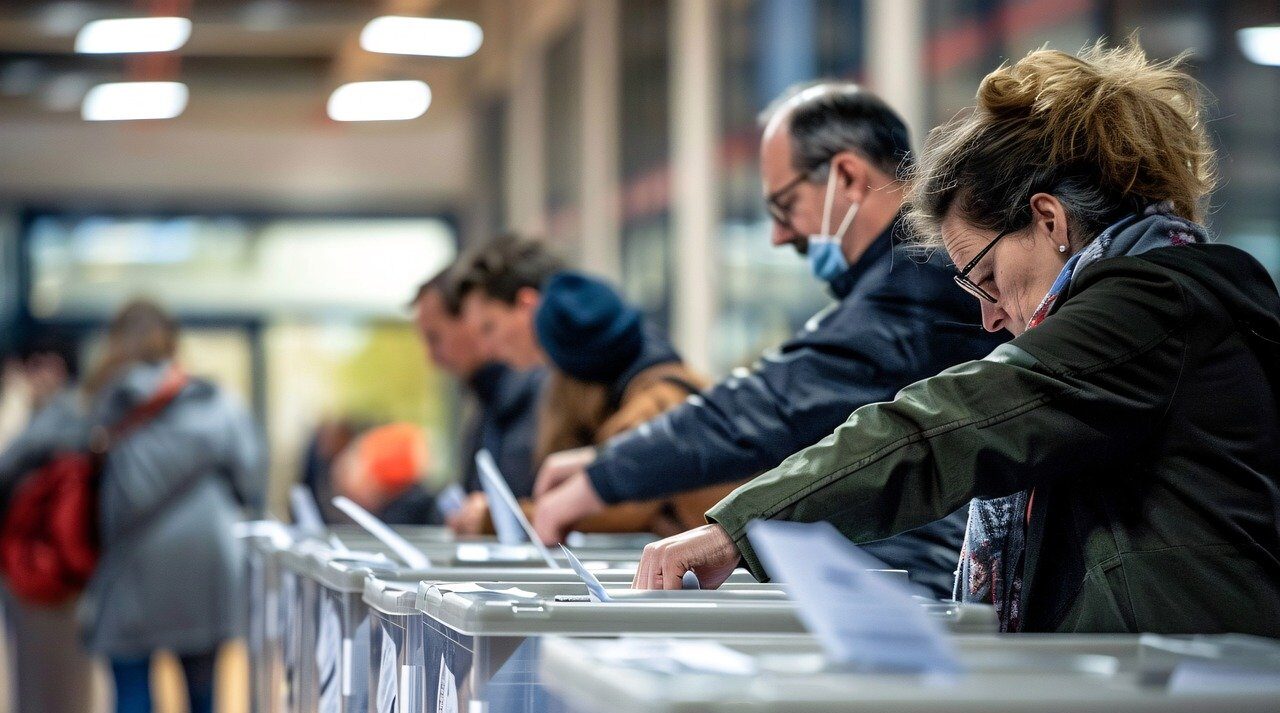
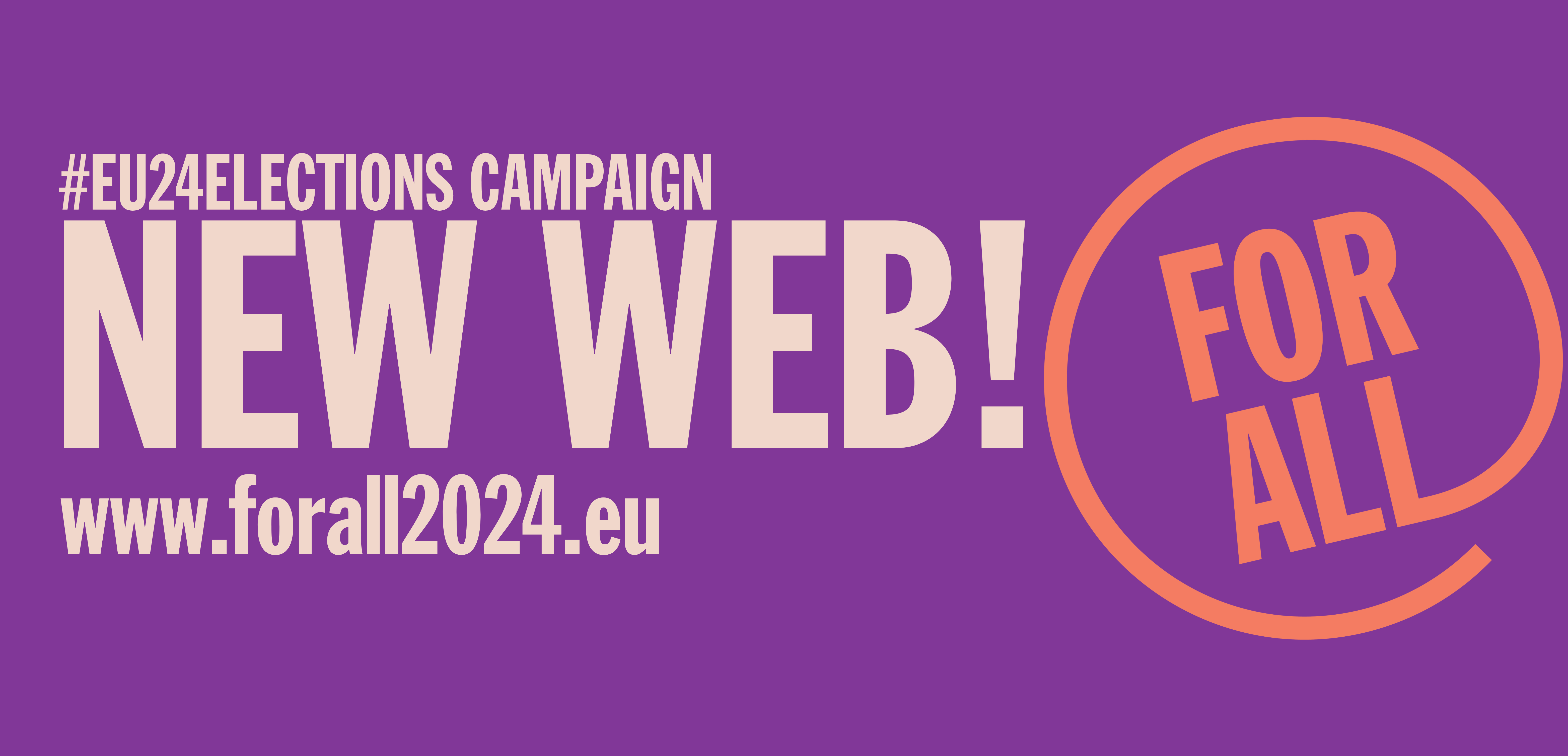

![[UPDATE] EFA expels Latvian Russian Union](https://e-f-a.org/wp-content/uploads/2023/04/blue-gae9f38ab3_1280edited.jpg)
